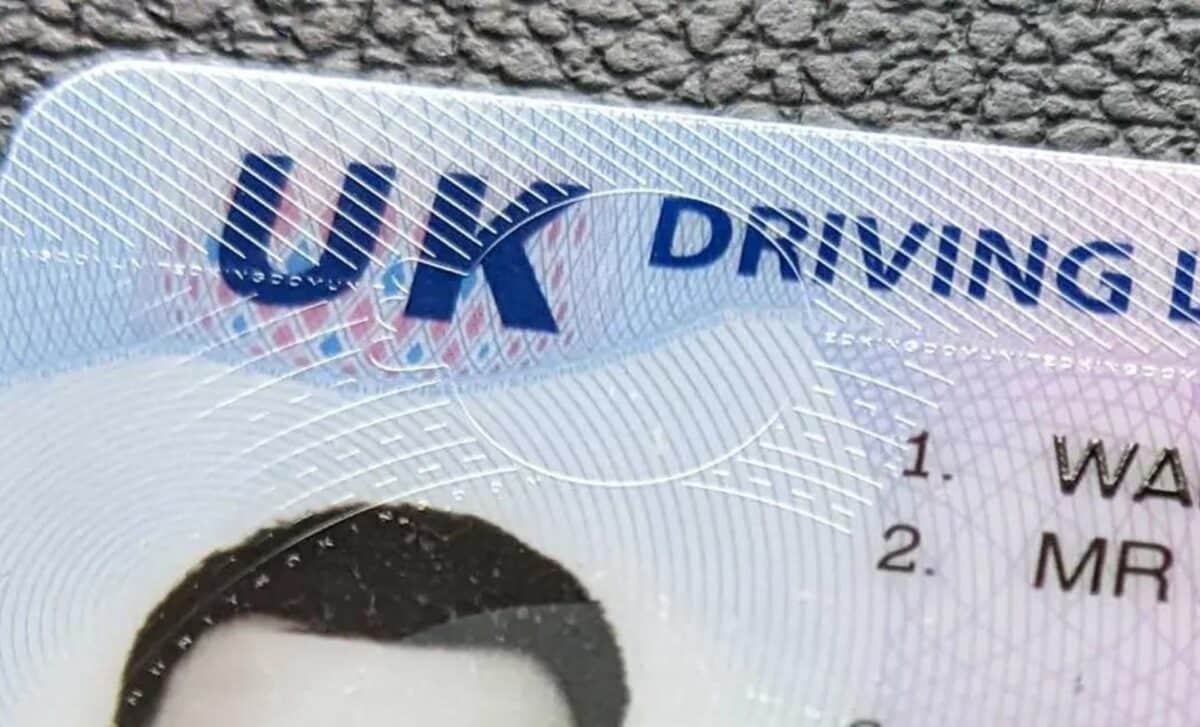The United Kingdom is contemplating a transformative change to its motoring laws, one that could significantly affect drivers aged 70 and over. Proposals are being discussed to introduce mandatory medical evaluations for older drivers, including tests for vision and cognitive abilities. Advocates argue that these measures are necessary for ensuring road safety, while critics voice concerns about fairness and the potential burden placed on elderly drivers. This delicate balance between safety and independence is at the heart of a growing national debate.
Understanding the Proposed Changes
As the population ages, the government is taking steps to adapt driving regulations to the realities of an older demographic. The proposed changes would involve periodic medical assessments for drivers aged 70 and above to determine their fitness to drive. These assessments, conducted by healthcare professionals such as general practitioners or designated medical practitioners, would be based on responses to a self-assessment questionnaire.
Siobhan Thomas, a Partner in Hugh James’ serious injury team, explained the process: “Depending on your responses to the self-assessment questionnaire, you may be required to undergo a medical assessment to assess your fitness to drive. Medical assessments may include vision tests, cognitive assessments, and discussions about specific health conditions that could affect your ability to drive safely.”
The assessments aim to evaluate physical and mental faculties critical for safe driving. This may include:
- Vision tests: Ensuring drivers meet the minimum eyesight standards required for road safety.
- Cognitive tests: Assessing mental processes such as memory, attention, and problem-solving.
- Health condition evaluations: Discussing medical issues like diabetes, heart disease, or neurological disorders that might impair driving.
While these measures are intended to enhance safety, they have sparked significant debate, with many questioning their necessity and fairness.
Reactions from Drivers
The public response to these proposed measures has been mixed, with drivers sharing a range of opinions and personal experiences. Some support the idea as a reasonable precaution, while others see it as an unfair imposition on elderly drivers who are already cautious and responsible on the road.
One motorist recounted their struggle with the current system, highlighting administrative delays that can impact the lives of older drivers. “I had a stroke 2 years ago and spent a total of 2 months in hospital and rehabilitation. My doctor said I was ok to drive after 3 months, so no need to inform DVLA. A fellow patient who was discharged at the same time did inform the DVLA. They suspended his licence, and he has only just got it back after numerous letters from his doctor and consultants. They are quick enough to take your licence but loathe to give it back,” they said.
Other comments reflect broader frustrations. Some drivers argue that they already undergo frequent health check-ups, including eye tests, and see these new measures as redundant. “Older drivers already have their eyes tested usually every year,” one commenter noted.
The perceived inefficiency and rigidity of the current system add to these frustrations, with many questioning whether the proposed changes would genuinely improve safety or merely add to the administrative burden.
Balancing Safety and Autonomy
The central challenge of this proposal lies in balancing the need for road safety with the rights of older drivers to maintain their independence. Driving is often more than just a convenience for seniors; it is a critical part of their ability to stay socially connected, access healthcare, and lead fulfilling lives. Losing a licence can have profound psychological and practical impacts, making the stakes in this debate particularly high.
Siobhan Thomas addressed these concerns, emphasising the supportive nature of the assessments: “While it may seem daunting, these assessments are intended to support you in maintaining your independence while ensuring road safety.” Her comments highlight the dual purpose of these evaluations—not only to protect other road users but also to empower seniors to continue driving safely for as long as possible.
Moving Forward
As discussions progress, the implementation of these proposed measures will require careful consideration to avoid alienating senior drivers. A fair and transparent system that minimises administrative delays and ensures accurate assessments will be crucial. Furthermore, education and support for older drivers should accompany these changes to help them adapt and thrive under the new rules.
To achieve this balance, policymakers might consider alternatives or complementary measures, such as:
- Offering refresher driving courses for older drivers.
- Providing subsidised health check-ups specifically tailored to driving fitness.
- Creating an appeals process for those whose licences are suspended or revoked.
Ultimately, this policy could become a blueprint for addressing broader societal challenges related to ageing populations. By framing these assessments as tools for empowerment rather than punishment, the government has an opportunity to foster a culture of safety and respect for senior drivers.
The proposed changes may mark the beginning of a larger conversation about how to support older individuals in maintaining independence while prioritising public safety. Whether these measures strike the right balance remains to be seen, but the debate underscores the complex relationship between individual rights and collective responsibility on the roads.









